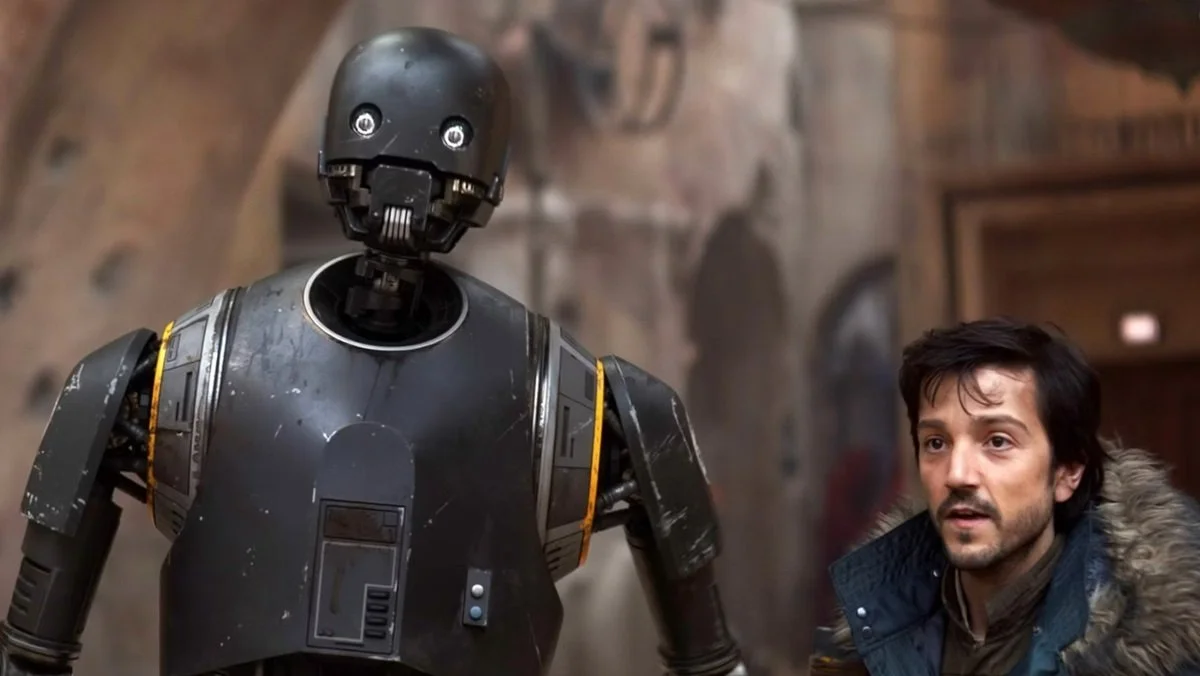
Journal
I spent 48 hours in Las Vegas and all I got was a revelation about creativity.
When I kicked off my AI journey this past July, I was bursting with excitement about exploring its creative possibilities. I was gonna teach AI to write killer headlines! Coach it to imagine new worlds! Partner with it to produce great advertising!
It never quite worked out that way.
I was green. At the dawn of my journey, we were at peak “AI will replace the Creatives first” freakout.
Months passed. (Years in AI time.) Turned out I, and plenty of other business leaders, overestimated AI’s powers of imagination. And we didn’t possess nearly enough awe for the sheer mysterious, messy power of human creativity.
if can_code == False: build_agent_anyway()
A couple weeks ago, I built an AI agent using code.
I don’t code.
When I started the project, I assumed my guide (ChatGPT) would use the low-code, drag-and-drop tools our MIT teacher had shown us. In hindsight, I should have included that in the prompt.
Are the Liberal Arts a perfect background for the age of AI?
For twenty years, parents looked at the staggering cost of college and did what seemed rational. They steered their kids away from the Humanities and toward "sure things." Engineering. Computer science. Business. Something that guarantees a job.
The kids felt it too. Pick a lane. Specialize early. Don't waste tuition money on poetry.
Then I read about an interview with Demis Hassabis, CEO of Google DeepMind, where he said: "Learning how to learn will be the most important skill of the next generation."
And I sat there thinking: wait, isn't that exactly what a liberal arts education teaches?
After Four Weeks at MIT, I'm Learning We're All Learning
Recently, my AI explorations have taken an academic turn.
I enrolled in an MIT Professional Education course: Applied Generative AI for Business Transformation. My first time in an academic setting since college. It takes some getting used to. It’s challenging. The homework is real. The other students are literal bosses.
We’re learning the theories behind neural networks. The inner workings of LLMs and RAG. The big questions around how businesses use AI and adapt to it.
Four weeks in, I’m forming some opinions.
The Voice Cloning I Expected vs. The Voice Cloning I Got
This one’s easy to post, because it’s mostly cut-and-paste. Welcome to the Claude show.
A little background. I’ve found a novel way to master tough concepts quickly: have ChatGPT break it down by writing an explainer blog post in my voice. There aren’t many barriers to learning when it’s me explaining to me.
So far, I’ve only done this with ChatGPT. So I decided to try Claude. I uploaded my voice profile, asked Claude to analyze it, and then entered a simple prompt:
Create a tutorial, in my own idiosyncratic voice and style, to teach me how I can create a video of myself delivering a lecture in a language I don’t speak.
How I trained AI to write in my style.
A few weeks back, I wrote a LinkedIn post about how I use AI to assist in my writing. A fellow Salesforce alum followed up with a great question in the comments:
“I’m interested in training an AI to better understand and talk in my voice. Have you tried that yet?”
So I confidently shared my approach: upload a few strong samples to a project folder; ask the model to analyze them; "now sound like me.”
It wasn’t terrible advice, because the results weren’t terrible. But after I answered, I realized I wasn't offering a system. I was offering vibe-prompting advice, and I sounded confident because I was getting away with it.
The one sentence that changed my writing forever.
Out of 16 years in school, and thousands of lessons, there’s only one I remember word-for-word.
It was one sentence long.
It was taught to me by Professor Owen Jenkins, the most feared English professor at Carleton College.
I'd heard rumors of his harsh criticism since Freshman year. He (allegedly) shredded one student’s paper and handed it back in a paper bag. He (rumor had it) ripped a chunk off somebody else’s paper and returned it with the comment “my cat wouldn’t swallow this.”
How I use AI to write original content. (And how I don’t.)
AI is good at a lot of things. But compelling, original writing with a unique point of view still requires a human.
Don’t believe me? Just ask an AI.
I did, and ChatGPT was refreshingly honest. It warned me that without a human partner, it can sound generic, offer shallow insights that aren’t grounded in lived experience, and deliver made-up facts with confidence. All good reasons to be cautious.
Here's one more, from the human perspective: if you're serious about your writing, and you want people to engage with your ideas, don't outsource your original opinions, insights, and voice. Huge mistake. If you hand those over to a robot, you're missing the point of writing.
Becoming attuned: early lessons in the Human-AI partnership.
I recently took a side quest in my "AI Mastery Project" to build a Project Management system in Notion with ChatGPT’s help. That taught me so much about promptcraft, I turned the postmortem into a blog post.
However, the experience sparked several insights about another subject that warrants a deeper examination: the Human–AI partnership.
After wrestling with this subject, I believe I'll still be writing about it long after I've mastered promptcraft. If we assume AI will be a permanent part of our future at work, then we'll have to get skilled at directing, and working with, non-human partners.
How Small Talk Led To Big Wisdom.
Sometimes the right conversation finds you just when you need it.
It recently happened for me at a winery, where my wife and I wound up sitting next to two brothers. Our small talk eventually turned to AI, at which point it stopped being small talk.
I shared how I write with AI: I let it prompt me, interview me, organize my thoughts, and give sound editorial advice. But the moment it tries to write a passage in my voice, I push back.
When ChatGPT tells you Claude’s a better writer, you listen.
Ever since I started using Claude and ChatGPT, I've been fascinated by their differences. I use ChatGPT to organize my life, to build systems, to give advice, for prompt engineering -- my left-brain work.
But I always sensed Claude was the more sensitive writer. As one friend commented a few months back, "The ghost in Claude's machine feels more human."
Creating my Notion HQ, step by step: a case study in real-time promptcraft.
I've been using ChatGPT and Claude for over a year, getting decent results from my prompts. But "getting decent results" isn't the same as "knowing what I'm doing."
It's like my golf game. Yes, I can drive a ball 220 yards down the fairway — one time out of five. The rest? Worm-burners and slices. There's a difference between getting lucky and succeeding consistently.
I want my promptcraft to be consistent.
The mistake that got my new project on the right track.
A couple weeks ago, I kicked off a big project – master the AI tools reshaping the creative landscape. I’d written a V2MOM (Salesforce-speak for “master plan”). I’d built a lesson plan for week one. I had dozens of ideas for blog posts and plans to catch up with dozens of people.
And I didn’t know where to start. I was paralyzed.
Half-measures are for half-careers: making my sabbatical all about generative AI
A couple weeks ago, I announced I'm taking a sabbatical.
The only thing left to do was figure out how to use all that free time productively.
The answer has been staring me in the face: Learn how to use AI creative tools like a ninja. And design the course myself.
This DIY approach will either be brilliant or spectacularly inefficient. Either way, beats binge-watching Netflix.
The human case for being nice to robots
Recently, the Wall Street Journal ran a piece titled: “AI Doesn’t Care if You’re Polite to It. You Should Be Anyway.” It’s a great, quick, provocative read.
How do I feel about it? A frequent segment on “Real Time” with Bill Maher sums it up: “I don’t know it for a fact; I just know it’s true.”


